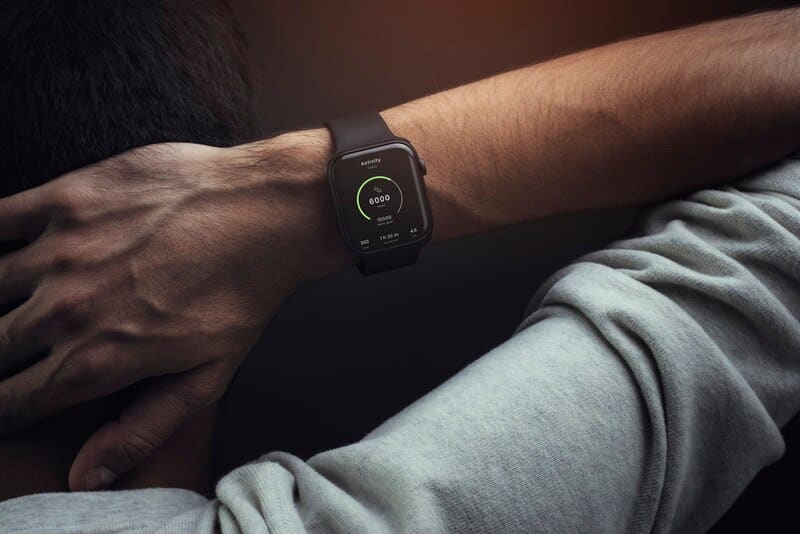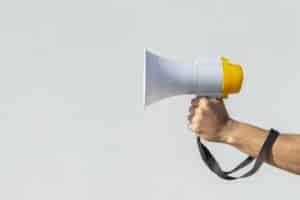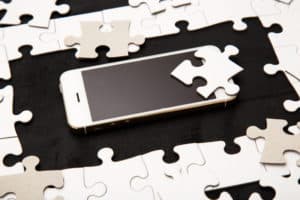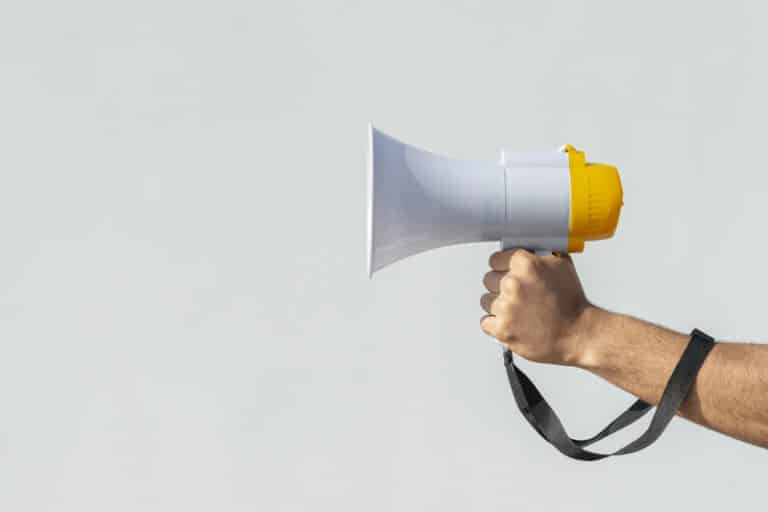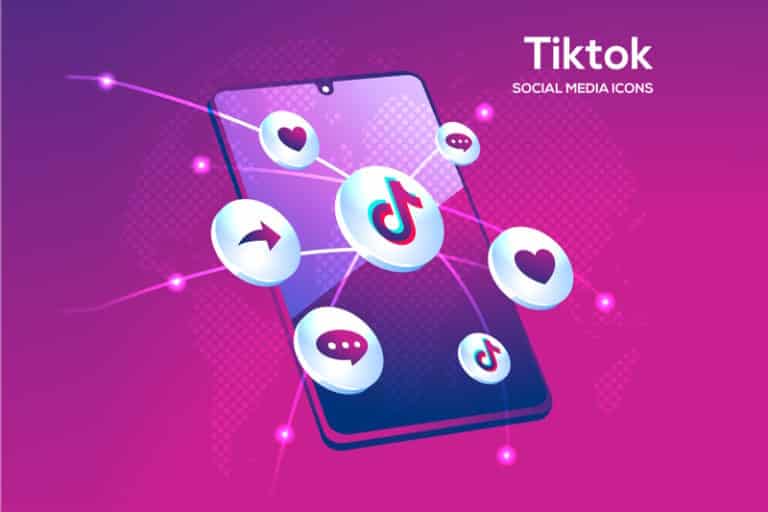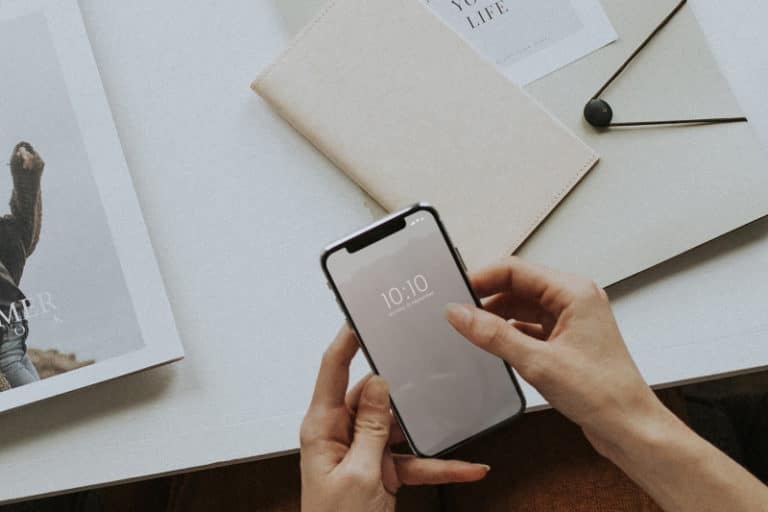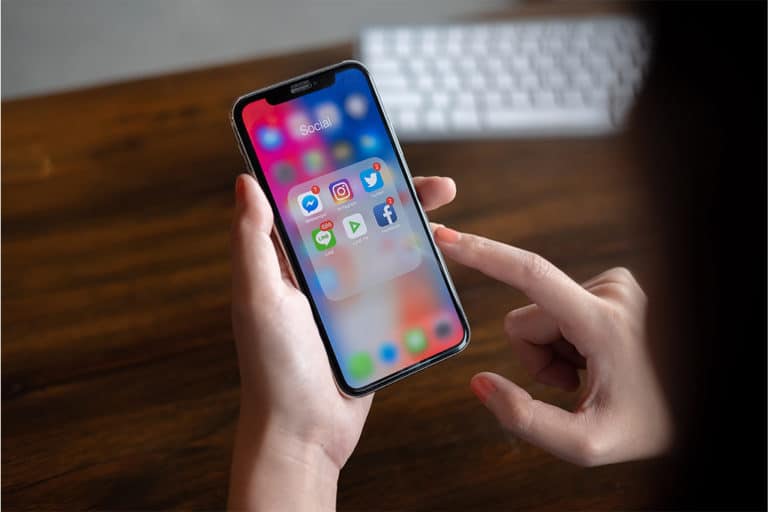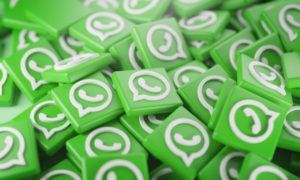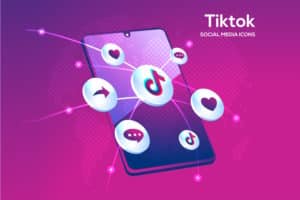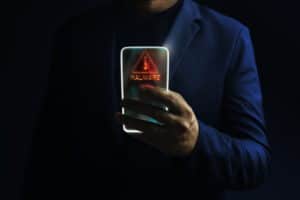By the number of cups sold, the thriving coffee market is an indication that many individuals lack in-born vitality. Sleep deprivation is a major contributor to national fatigue, according to most specialists. As a result, many of the most well-known names in technology (including Fitbit, Garmin, Apple, and others) have developed products to assist people in forming healthier routines. Still, how reliable are these sleep monitors? Is there a device that can make sleeping better? We outline the advantages and disadvantages of each of these possible roommates.
Can we trust the data from a sleep tracker?
The answer is ambiguous. Those who use a sleep tracker typically do so to learn some very fundamental facts about their nightly routine. Maybe you’re interested in keeping a better track of how much sleep you’re losing because you’re staying up to watch Netflix or getting up early to walk the dog. Maybe you’re trying to figure out how long you usually read before falling asleep at night, or you just want to set a regular time to relax. When it comes to this issue, sleep monitoring devices can be quite helpful and productive. Most trackers accurately record the amount of sleep a user gets by noting when a user falls asleep and when they awaken during the night.
These gadgets claim to be capable of a great deal more. The trackers evaluate several variables linked to sleep quantity and quality by analyzing heart rate, body movement, and SpO2. To name a few typical examples of these types:
- How long you slept, when you went to bed and when you woke up, and at what times.
- The many stages of sleep you went through last night, such as light, deep, and rapid eye movement (REM).
- Quantifying the extent to which sleep was restful by analyzing factors such as time spent asleep, time spent awake, and amount of physical activity during sleep. It’s common for well-known companies to assign a numeric value to the quality of sleep they provide.
- Trends in sleep can be visualized on a weekly, monthly, or annual timescale.
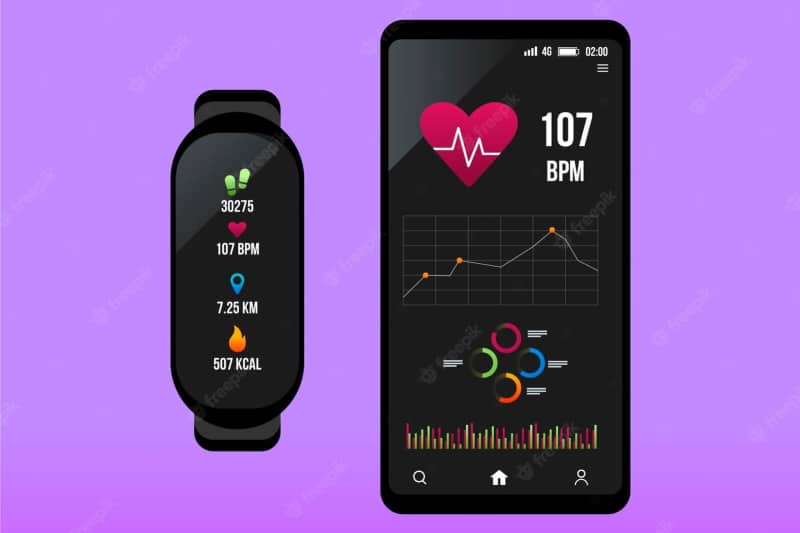
We already know that sleep trackers are effective in documenting how long an individual sleeps. In contrast, a sleep tracker is only capable of making assumptions about individual stages of sleep. Clinical sleep studies use brain activity measurements to accurately diagnose sleep stages. The clinical studies that many companies use to prove their products are safe and effective nevertheless fall short of the precision of a medical study. Obviously, this affects the reliability of information about sleep quality and some sleep trends.
Consumer sleep trackers are most useful for assessing patterns in sleep duration and waking hours but should not replace regular medical monitoring.
So, while sleep trackers are useful in that they can help you build healthier routines and habits, they cannot provide the most accurate data. Trackers are most useful when used to get a bird’s-eye view of patterns. Talk to a doctor if you have serious sleep problems. Any information you keep track of will always be useful.
What is the more reliable sleep tracker?
When it comes to monitoring your sleep, we think Fitbit is the finest option. While the Fitbit Sense and Versa 3 have been our go-to fitness trackers, we’re looking forward to testing the new versions that are set to hit shelves this autumn. Smartwatches manufactured by Fitbit monitor users’ total sleep time and evaluate sleep phases. Plus, they give you a sleep rating between 1 and 100. It should be noted that the information gleaned by trackers is only approximate. When testing both, however, we consistently found that our sleep ratings matched how well rested we felt in the morning.
In terms of sleep tracking, Fitbit provides the most complete and trustworthy information.
In addition, Sleep Profile is available to Fitbit Premium users and entails keeping a 30-day sleep log. Every 30 days, Fitbit classifies your sleeping habits into one of four phenotypes. Your sleeping habits will be evaluated, and suggestions for improvement will be provided, as part of this feedback.
It’s worth noting, though, that Fitbit isn’t the only business making headway in this space. Additionally, Garmin’s sleep tracking features cutting-edge sensors and in-depth analysis without sacrificing usability. In a similar vein, both Apple and Samsung have upgraded their most recent flagship devices. Learn more about the top trackers available now by reading our in-depth resource.
Suggestions for improving your sleep monitoring
First, you need to settle on a tracking system that suits your needs. Just what sort of information are you seeking? Do you want active surveillance while you sleep, or would you rather not have to worry about it? The three most common sleep-tracking tools are described here.
In the realm of wearable technology, you may find devices that monitor your sleep in the form of smartwatches, fitness trackers, rings, and even in-ear headphones. Sleep tracking devices often collect information about the user’s heart rate, motion, and breathing rates.
Bedside devices: an alternative to wearing something while you sleep, these solutions monitor things like movement, sound, and the surrounding environment.
Set-and-forget solutions, such as the Withings Sleep pad, collect data such as heart rate, movement, and more by slipping beneath the mattress or sheets.
After you’ve done your research and found the ideal gadget, try implementing the suggestions that follow.
Implementing this as a regular habit is the quickest method to ensure you never lose track of important information again. Get into a habit where your smartphone is always charged and ready to go before bed.
If you’re going to use a wearable, make sure it fits properly by adhering to the manufacturer’s guidelines for donning the gadget. Devices like watches, rings, and trackers should fit comfortably but snugly. Commonly included with earbuds are many different-sized rubber earbud tips to ensure a snug fit.
Do not forget to turn on the do not disturb setting if your smartphone has one. Besides waking you awake, bright screens and notifications in the middle of the night might muddle data trends.
Give your gadget something to track by making sleep a top priority. Reduce your intake of caffeinated beverages, particularly in the evening. Create a restful bedroom by providing soft sheets, a quiet space, complete darkness, and a cool temperature.

